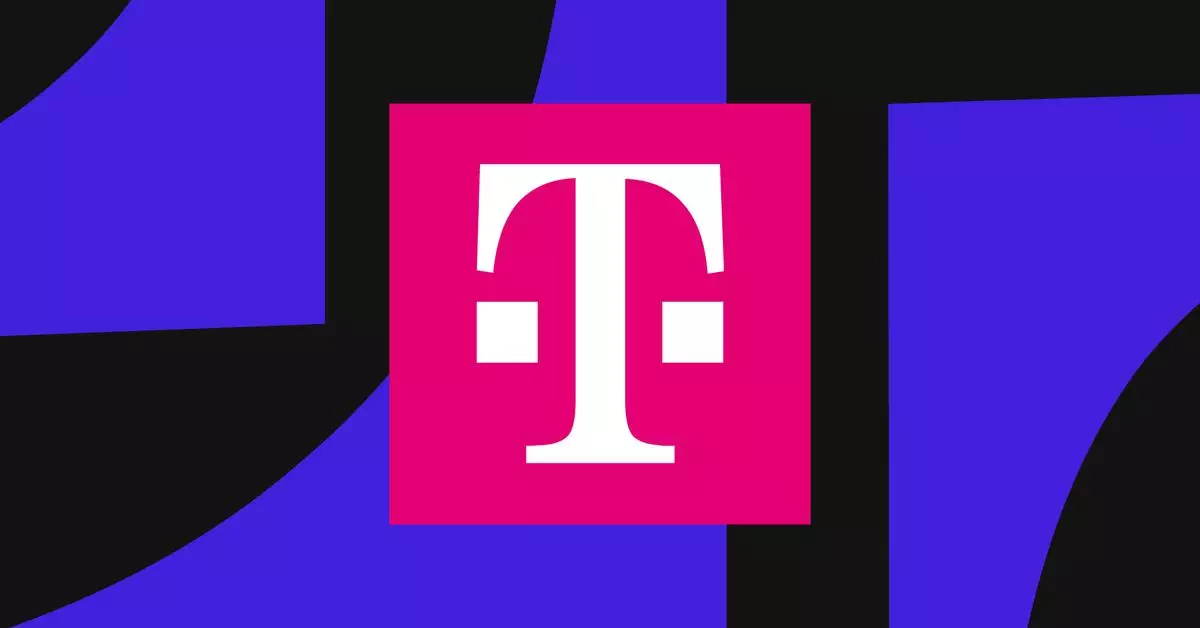T-Mobile has recently committed to a significant overhaul of its cybersecurity framework as part of a legal settlement with the U.S. Federal Communications Commission (FCC). As part of this settlement, the telecommunications giant is set to pay a hefty $15.75 million in civil penalties, which matches the amount earmarked for its internal cybersecurity enhancements. With this decision, T-Mobile is not just resolving its legal woes but is also setting a performance benchmark that the industry may well look to replicate.
The backdrop of this settlement is disconcerting: T-Mobile has suffered numerous data breaches over the past few years, leading to the exposure of sensitive personal information for millions of its customers—including social security numbers, addresses, and driver’s license details. The FCC’s assertion that these incidents—spanning from 2021 to 2023—vary in exploitation and attack methods underscores a crucial point: the threats to cybersecurity are diverse and evolving rapidly.
Learning from Past Mistakes
T-Mobile’s history of security breaches is both a cautionary tale and an impetus for change. In previous years, the company was hit with a considerable $60 million penalty for failing to adequately report unauthorized data access incidents, which directly violated national security protocols established after its acquisition of Sprint. Such lapses in security measures highlight an urgent need for reform, not just to comply with regulations but to protect users in an increasingly digital world.
The company has now recognized that improving cybersecurity isn’t merely about avoidance of fines, but about embedding resilience into its operations. By bringing transparency to the boardroom, T-Mobile’s Chief Information Security Officer will regularly update the company’s board on cybersecurity risks. This initiative ensures that cybersecurity considerations are not relegated to the background but are a vital aspect of corporate governance involving strategy and decision-making.
Implementing Robust Security Measures
T-Mobile’s shift toward implementing a modern zero-trust architecture signifies a vital adaptation to current cybersecurity demands. This framework focuses on removing implicit trust and minimizing the chances of internal and external threats. By segmenting networks, T-Mobile can contain potential breaches more effectively than ever before.
Furthermore, the company is introducing robust identity and access management protocols, with a strong emphasis on multi-factor authentication. This is particularly crucial, as many cyberattacks are born from compromised credentials. By adopting these sophisticated measures, T-Mobile aims to fortify its infrastructure against increasingly prevalent threats such as ransomware.
In sum, T-Mobile’s recent commitment is not just a reactionary measure to past failings but rather a proactive approach to securing its future. Efforts toward strengthening corporate governance around cybersecurity, innovating security architecture, and ensuring robust identity management reflect a new paradigm for the telecommunications sector. This pivotal movement toward greater accountability and resilience will not only serve T-Mobile but may also inspire other companies within the industry to enhance their cybersecurity practices. In an age where data breaches threaten to become the norm rather than the exception, such evolutionary steps are critical.

